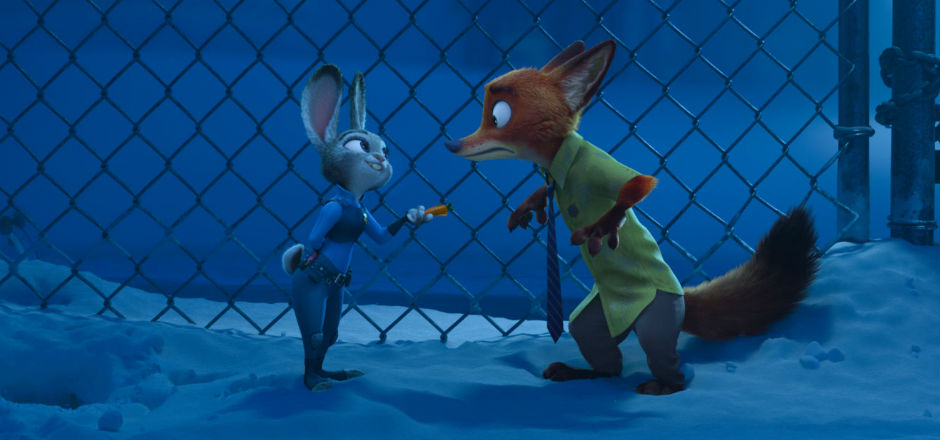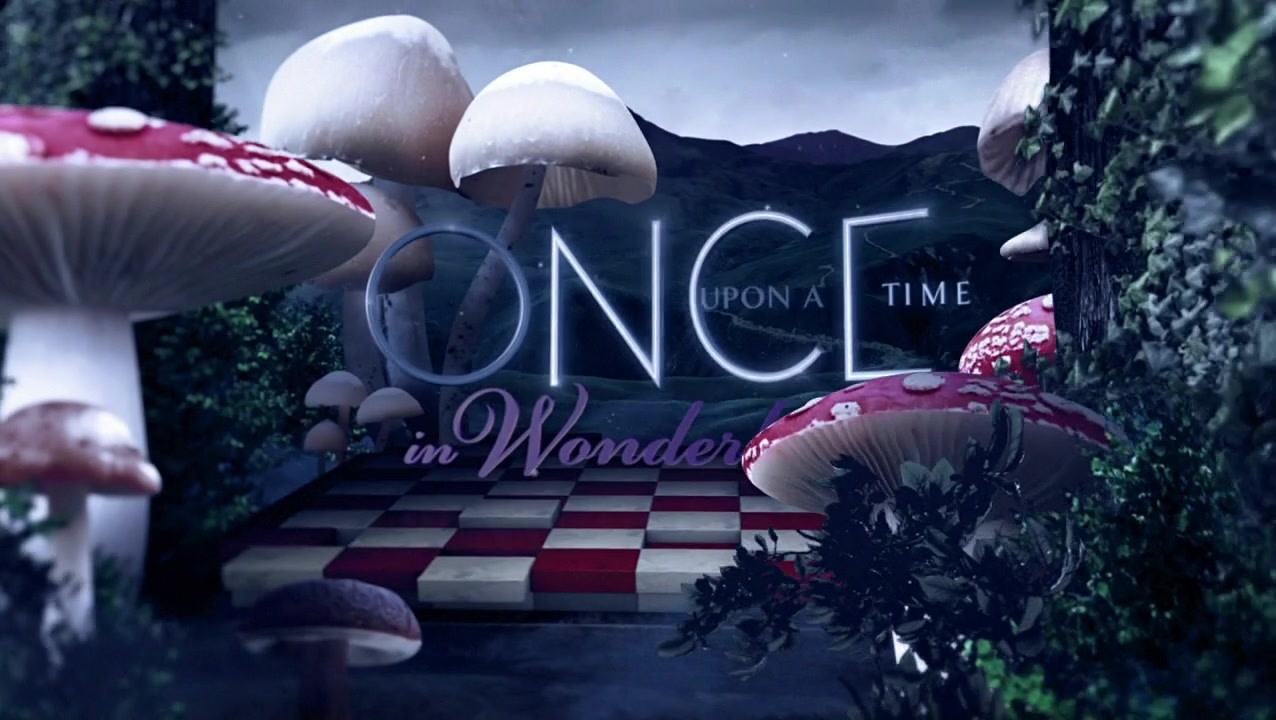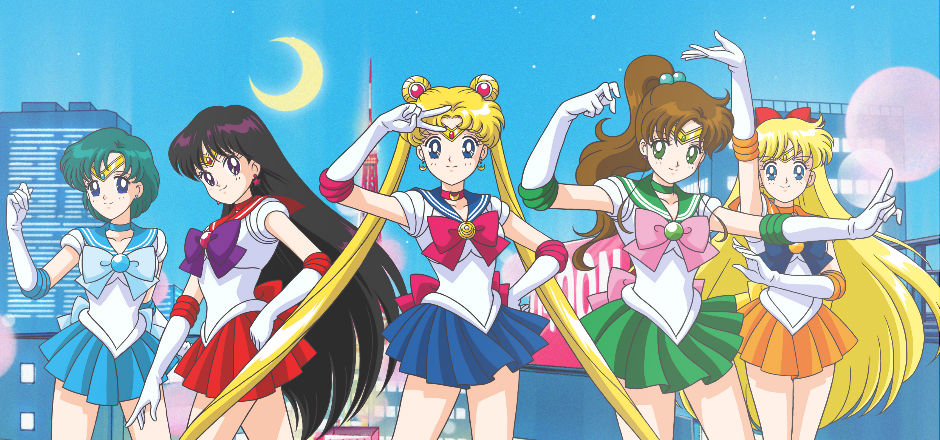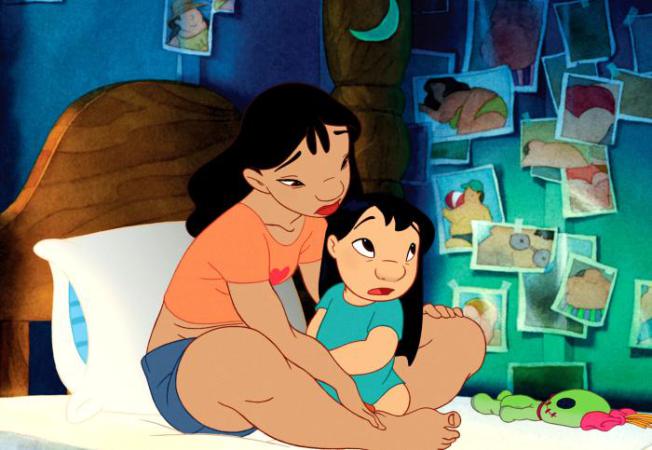After struggling with its voice and identity throughout the early 2000s, Disney has climbed its way back to the top of the animation world and has entered into a Renaissance reminiscent of its reign during the 90s, at least in terms of quality storytelling, startling imagination and breathtaking animation.
Even if it can be argued that Disney might never again deliver something in the likes of The Lion King and Beauty and the Beast, both of which essentially constitute the pillars of Disney’s reign on animated films, it would be fair to say that everything from Tangled up to Wreck-it-Ralph, Frozen and Big Hero 6 might just be masterpieces in their own right.
Messages, lessons and morals are inherent to American animated film. Looks aren’t everything, be kind to everyone and everything, and never give up on your dreams are some of the ideas that were hammered into our identities since early childhood through whimsical displays of magic and catchy musical numbers in early Disney films. Cinderella and Snow White were kind, Belle saw beyond the Beast’s terrifying looks, Tiana never gave up on her dream of owning a restaurant, and ultimately, they were all rewarded for it.
These lessons of morality are important, of course, but the messages of earlier Disney films lacked the pointedness that would make a real dent in our perceptions. They applied generically to life in a million different ways, and thus it was easy to accept them with mild indifference in order to just be entertained by beautiful feats of animation.
In recent years, Disney has used its films to make relevant statements on topics like moral relativity, self-acceptance, and feminism, as well as mental and emotional health. With Zootopia, the statement is not only relevant, but poignant and timely.
Zootopia is an outstanding film on almost every level. Not only is it visually stunning and wildly entertaining, which is what some people limit themselves to expect from animated films, but Zootopia is a layered, complex and cleverly constructed story with flawed, multi-dimensional characters, several complicated conflicts, and an impressive psychology guiding the actions of its heroes and antagonists. Zootopia works magnificently on an animated film level, as a neo-noir/mystery/buddy cop homage, and, most importantly, as an analysis of today’s social stances on diversity and acceptance.
Sure, the film beautifully presents messages about feminism, perseverance, self-acceptance, and how idealism must be tempered with realism and vice versa through Judy’s journey from country girl to big-city cop who had to fight twice as hard as everyone else to earn her place and the respect of her peers who looked down upon her for simply being a bunny (i.e. female, outsider, cute, different and subject to many stereotypes and pre-conceived notions). But the film’s most potent and sobering idea is the pervasiveness of racism, the irreparable effects of discrimination, and the horrifying dangers of politicizing either.
In Zootopia, we see a society that prides itself on its progressiveness and the synergy that unites hundreds of creatures once believed to be unable to share a space. We have a strong heroine who’s been sold that dream and wishes to contribute to upholding such an idea. But all throughout the film, we catch glimpses of cracks along the foundation. And the most magnificent aspect of this is that they are not featured uniquely in the antagonist’s motivations and ideologies.
We are used to irredeemably evil antagonists well beyond reason or comprehension, in the same way we readily embrace infallible stand-ins for righteousness and goodness as our heroes. Disney itself has a long history of showcasing characters standing on opposite sides of a battle divided by a very neatly drawn line between the good and evil. “Because he/she/it is evil” or “because they want this one particular thing” has been, for so long, the only characterization given to some of Disney’s most famous villains, like Aladdin’s Jafar, The Little Mermaid’s Ursula, Snow White’s Evil Queen, etc. Similarly, “because she is beautiful and kind” or “because he is honorable and brave” tended to be the only reasons we needed to accept heroes and heroines at face value.
And yet, in Zootopia, one of the most important plot points leading up to the climax is Judy Hopps, our bunny heroine, being forced by Nick Wilde, our fox anti-hero, to realize that she’s just as guilty of the motivation behinds the antagonist’s plans.
That is, despite wholeheartedly believing in harmony, diversity and equality, and leading a life dedicated to promoting those values, the heroine of the story had also allowed preconceived notions and discrimination to guide some of her thoughts and actions.
What’s particularly poignant about this part of the story is that, even though the heroine and the antagonist momentarily aligned, Judy is still a good person because of what she chooses to do about the situation. Realizing that she had inadvertently allowed discriminative notions and stereotypes to color her behavior towards others, much in the same way other “bad” characters had done throughout the film, didn’t change the nature of Judy’s character irredeemably. On the contrary, it provided her with an opportunity to learn and to grow into a much better person. And the film makes a very clear statement about the correct way in which to grow from this experience.
Throughout the climax of the movie, every character in their animal society had to come face to face with divisive notions and stigmatizing stereotypes, and the way they reacted to them said much about the quality of their characters, but not everything about it. What’s so outstanding about this is the very idea that harboring some racist or discriminatory notion, be it consciously or unconsciously, does not make you a bad person.
In fact, through Judy’s character, the film seems to promote the very realistic idea that there might be some ember of discrimination within us, however deep it may be hidden, and that its existence does not irrevocably marks us as good or bad. What will set us apart is how we deal with that knowledge and what we choose to do about it.
The clear divisive line in Zootopia between the heroes and the antagonist is not some broadly drawn limit of generic good and evil, but lies in the decisions each animal makes upon being confronted with their internalized discriminative notions. The antagonists choose to fuel their hatred, to allow it to control their perceptions and rule their actions against those they deemed too different. The heroes choose to accept their faults, make amends to those they hurt and work to eradicate it from themselves.
In times like these, that message rings loud and clear. We have a choice in the way we associate with others, in the ways in which we find a spot for ourselves within the workings of our society. Nobody is without fault, and although we all find ourselves embracing reprehensible ideas once in a while, that doesn’t define us.
This film invites viewers to recognize whatever bit of responsibility we may have in the current state of social issues, to not deny the existence of the problem even if it makes us uncomfortable, and to do something about it. It asks us to acknowledge that flaws are part of the human condition and that some things can slip through the cracks, but that what will make us heroes and heroines is what we do to grow from that, how we choose to act on it.
By comparison, recent Disney films have aimed to impart lessons on complete self-love and self-acceptance, like Frozen’s Elsa, who finishes the film accepting her powers and learning to love herself for who she is in order to accept the love others want to give her, and Wreck-it-Ralph’s climax, which shows its title character finally embracing his role as a villain for the greater good. The message these latest films seem to promote is that there are some things about you that cannot be changed and that you will only be happy in life when you accept them because they make up the fabric of who you are.
And then Zootopia came along and flipped that narrative upside down. Yes, self-love and self-acceptance are important, but there’s always room to learn, to grow and develop into the best possible version of yourself that you can be. Embracing flaws or circumstances doesn’t mean that you should be reluctant to change in any way; quite the contrary, part of learning to accept and love yourself should be developing a willingness to see the dents in your armor and attempt to fix them, for yourself and for others.
So while Disney may never again go back to our beloved 90s phase, I, for one, am glad about that. As much that period of Disney films means to me and many others, the modern Disney Renaissance has something that the 90s films never had: timely relevance, and a pointedness and poignancy that reflects the movements of our current society and sends an invitation to contribute to its positive development.
Disney has once again found its rhythm, but it’s moving to a whole new different, very self-aware beat. Movies like Zootopia carry a message that resonates in our lives, in our communities, whether we are a child tasting the lasting impact of a Disney animated film for the first time or an adult who will forever relish the fact that Disney films are never just for kids.
—
Lorraine Acevedo Franqui writes for Girls in Capes from Puerto Rico and holds degrees in English Literature and Psychology. Her main interests are young adult lit, anything related to The Legend of Zelda and Kingdom Hearts, assorted shounen mangas and cats.



![[Guest] Empathy is Power for Supergirl’s Women](https://girlsincapes.com/wp-content/uploads/2017/03/Empathy-is-Strength-Header.jpg)


The best analogy for the true nature of discrimination is best summed up in Nick Wilde’s childhood flashback. Specifically, it presents the usual chicken / egg scenario: The stereotype affects the person, and the person in turn reinforces the stereotype, an ugly cycle that is only broken when one finally has the resolve to make it stop.
And one of my favorite things about the movie is that it isn’t Nick Wilde who challenges, and breaks, the mold first. It’s Gideon Grey. It doesn’t take some massive earth-shattering event like the Savage Sickness / Night Howler Conspiracy to challenge the stereotype and/or end discrimination. It just takes a little time, a little effort, and a little patience on both sides of the divide.
The other half of the discussion, of course, is that discrimination isn’t just about misunderstanding. Some people genuinely DO know that the stereotypes are not valid but have an invested interest in enforcing them.
Zootopia, and our real world, I liken to a Rubix cube. There IS a solution, it’s just very difficult to figure out. And most people ultimately gave up on the cube after getting one section complete, because the rest of it could not be completed without the one section being disrupted.
The villains of Zootopia are in that one completed section; the ones thinking “Who gives a flying crap if Zootopia isn’t perfect for everyone, just as long as it’s perfect for ME. I don’t care that the puzzle isn’t complete — don’t you dare tamper with MY perfection, not even temporarily!”
I would love it if, in the inevitable Zootopia sequel, the writers took this to heart and gave us a conflict that essentially forces all of the characters to pick their battles, to make sacrifices, and to ultimately concede that some of the things they once admired about Zootopia are going to have to be done without while they work on less pleasant but far more important things.